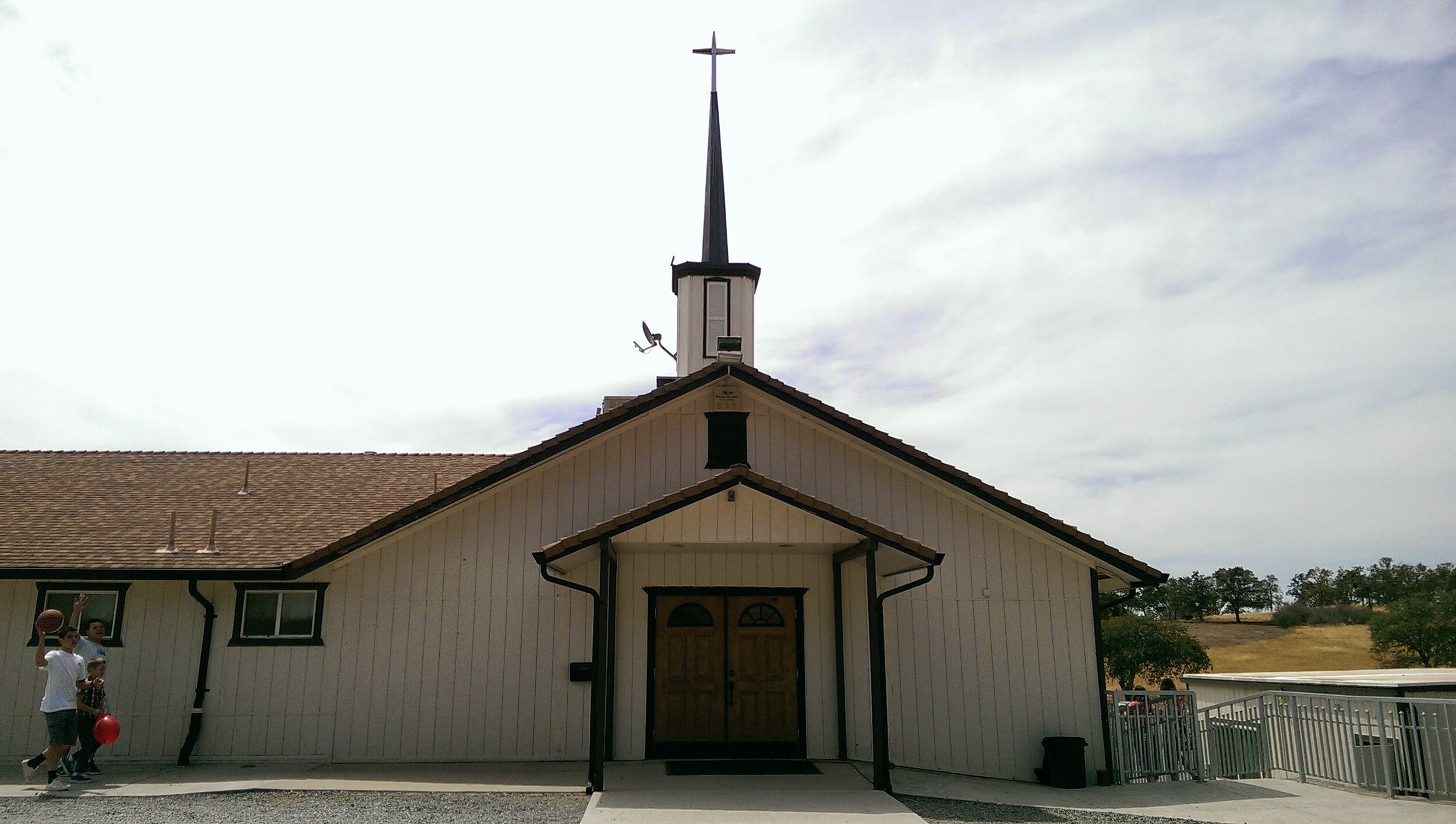I say, “Obama,” you think _____________.
I say, “Trump,” you think _____________.
Chances are high, depending on your political persuasion, you’ve badmouthed one or the other, that you love one and despise the other, that you have respect for one while feeling at liberty to disrespect the other.
I say, “Taxes,” you think ____________.
I say, “You owe,” you think ____________.
Chances are high you have an opinion on taxes, and, living in the United States, chances are equally high that you are very familiar with owing, with indebtedness.
Romans 13:1-10 concerns itself with Christians living in the larger society, within the constructs of government, their surrounding culture, the country they live in. God, through the Apostle Paul, reminds us to “Pay to all what is owed to them: taxes to whom taxes are owed, revenue to whom revenue is owed, respect to whom respect is owed, honor to whom honor is owed” Romans 13:7 (ESV).
Do your responses above reflect the spirit and demeanor of the Romans 13 passage? Are your conversations, tweets, and posts in compliance with the word of God, or do they reflect the culture at large or the subgroup you affiliate with? Do you have an honor and respect debt?
Even after you’ve paid all your bills, paid off your mortgage, and are square on your taxes you owe, “Owe no one anything, except to love each other, for the one who loves another has fulfilled the law” Romans 13:8 (ESV), not according to some law passed by the legislature, but according to God’s law, “For the commandments, ‘You shall not commit adultery, You shall not murder, You shall not steal, You shall not covet,” and any other commandment, are summed up in this word: “You shall love your neighbor as yourself.’ Love does no wrong to a neighbor; therefore love is the fulfilling of the law” Romans 13:1-10 (ESV).
Why do you and I owe love daily? Because we owe our very existence to God’s love and are daily recipients of his mercy and grace, "To you who are ready for the truth, I say this: Love your enemies. Let them bring out the best in you, not the worst. When someone gives you a hard time, respond with the energies of prayer for that person. If someone slaps you in the face, stand there and take it. If someone grabs your shirt, giftwrap your best coat and make a present of it. If someone takes unfair advantage of you, use the occasion to practice the servant life. No more tit-for-tat stuff. Live generously. Here is a simple rule of thumb for behavior: Ask yourself what you want people to do for you; then grab the initiative and do it for them! If you only love the lovable, do you expect a pat on the back? Run-of-the-mill sinners do that. If you only help those who help you, do you expect a medal? Garden-variety sinners do that. If you only give for what you hope to get out of it, do you think that's charity? The stingiest of pawnbrokers does that. I tell you, love your enemies. Help and give without expecting a return. You'll never—I promise—regret it. Live out this God-created identity the way our Father lives toward us, generously and graciously, even when we're at our worst. Our Father is kind; you be kind” Luke 6:27-36 (MSG).
God has a vision for this world we live in, the countries we love, the communities we live in, and the lives we live (Read the Ten Commandments - Exodus 20:1-17, and the Sermon on the Mount – Matthew 5-7).
And, he expects the followers of Jesus to live out that vision right now, not in some distant future. He wants us to embrace the highest law now, not when things are hunky-dory, but amid ugly politics, chaos, violence, injustice, opposition, stress, worry, and even evil. Heavenly Father forgive me when my standards do not reflect yours, when I excuse myself from the supreme law, when I declare myself indebted to no one, when my daily life is without heavenly vision. Please me the courage, the tenacity, and humility to pay all I owe, especially my love debt. Amen.
To God be all glory. Love you, Pastor Hans
